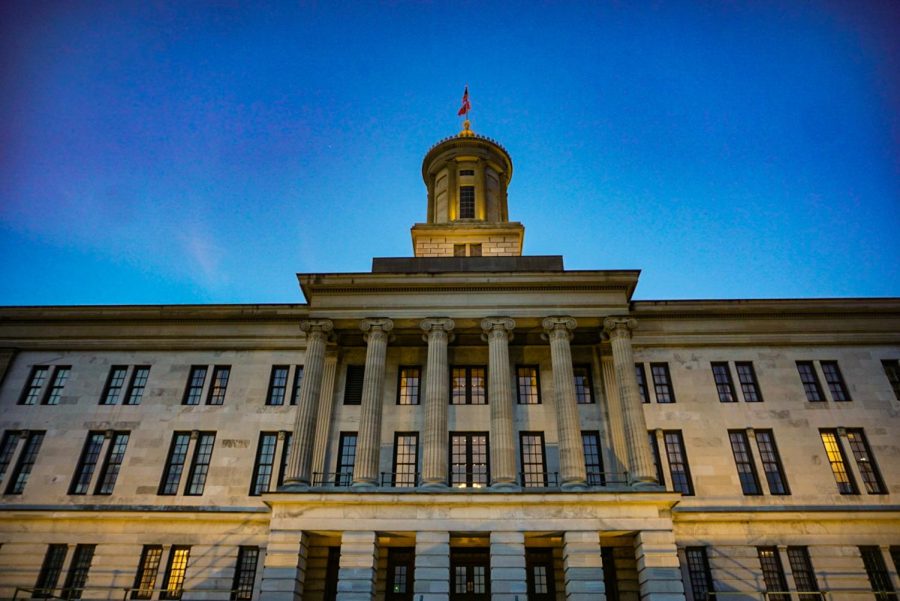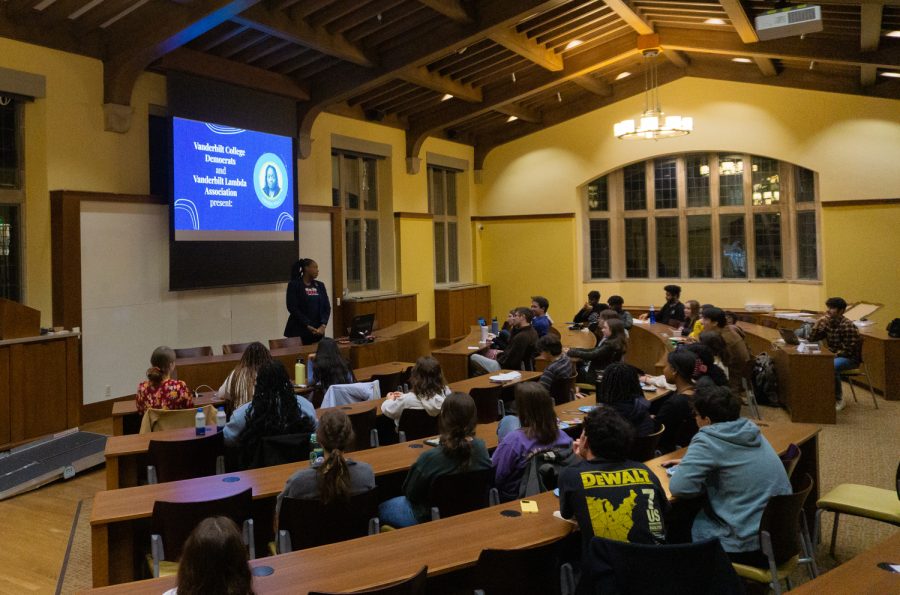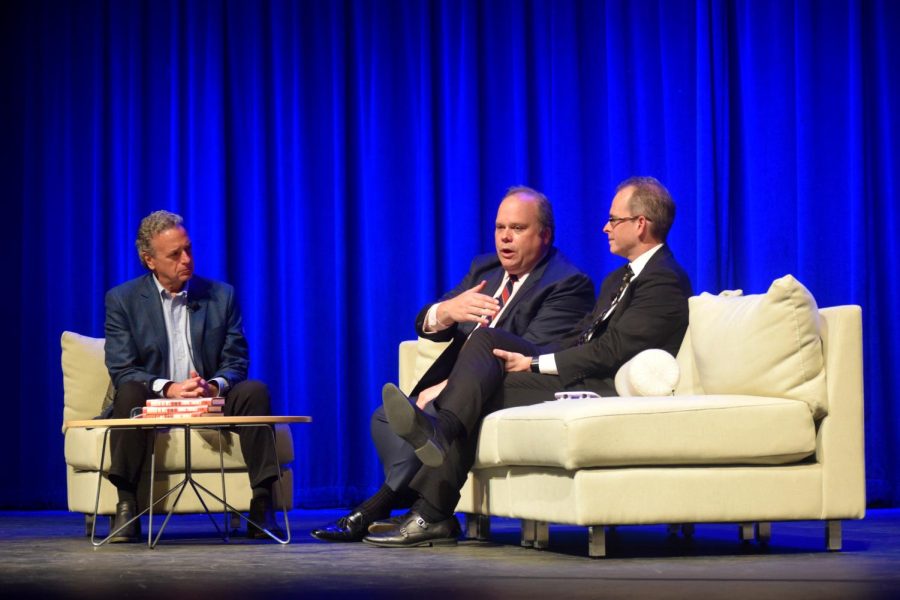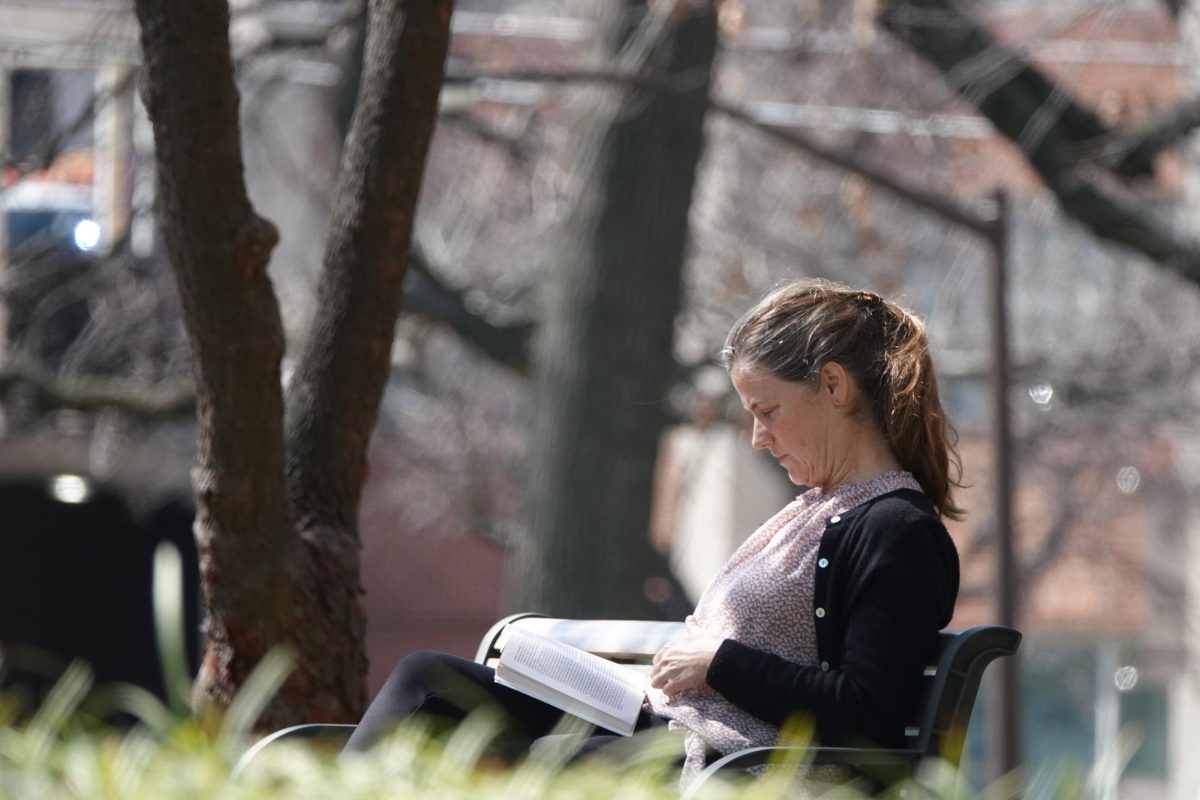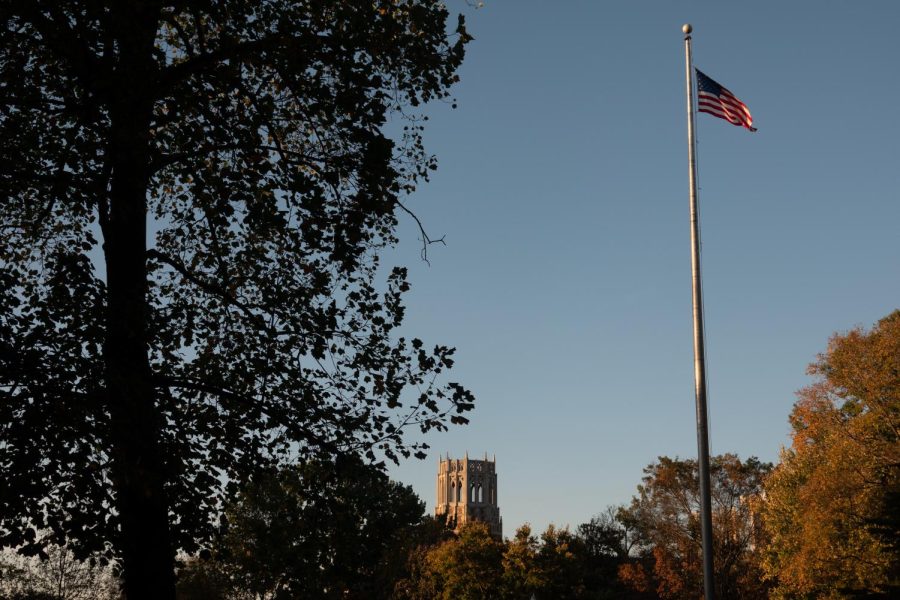Election season, finally, is nearing its climax. The days of feverish voter registration drives have given way to impassioned calls for people like us—students, millennials, and the young in general—to vote. You have likely scrolled past many of these appeals on social media. Perhaps you’ve read Jamie Jacobson’s powerful call to action in the Vanderbilt Political Review. My purpose here, then, is not just to complete the saturation of campus dialogue with a final call to vote; it is to draw attention to the dire consequences of inaction on the issues most concerning to young Americans. Although I approach these issues from a progressive angle, my focus remains firmly upon the facts, and I suspect that those on the other side of the political spectrum would at least agree with me upon the significance of civic participation and awareness.
During the 2014 midterm elections, voters under 30 comprised only 13 percent of the electorate. This year, 31 percent of millennials say they will definitely vote, but data suggests that a much smaller portion will actually do so. Many observers attribute young Americans’ dismal civic participation to a sense of disillusionment with the political process.
I have spoken to many Vanderbilt students who, when the topic arises, express little interest in “politics.” Had I asked them whether they care about climate change, however, would they have been so apathetic? Likewise, had I asked whether they believe that every American, regardless of race, deserved the right to vote, would they have just shrugged? Most of us at Vanderbilt care about public issues, whether they be climate change, voting rights or health care. Perhaps the problem, then, is that we frame our appeals to civic participation in terms of politics, and not policy. Every one of these issues and more are on the ballot this November. The challenge is to disentangle them from the amorphous machinations of “politics,” with all its horse-race polling, caustic rhetoric and blustering pundits.
Climate change is a great place to start. One poll of 18-35 year olds found that 70 percent believe climate change will affect them in their lifetimes, while over 75 percent believe that society should take action to mitigate climate change. We are right to be concerned: The Intergovernmental Panel on Climate Change (IPCC) recently reported that mankind must reduce its carbon emissions by 60 percent in twelve years to avoid the worst consequences of climate change. These consequences include extreme weather events, rising sea levels, dwindling crop yields, water scarcity, and economic catastrophe. Already, rising sea levels in the Gulf of Mexico are swallowing up the Louisiana coastline, uprooting entire communities.
The GOP, however, dismisses man-made climate change as a hoax or chooses to ignore it altogether. Republicans applauded when the Trump Administration rolled back President Obama’s Clean Power Plan. Furthermore, despite their professed belief in America’s international leadership, Senate Republicans encouraged President Trump to withdraw the U.S. from the widely popular Paris Climate Accords. Perhaps the tens of millions of dollars in campaign contributions from the fossil fuel industry helped inform the Republican party’s position. Perhaps Republican politicians are playing to their base of elderly voters, who are often skeptical of the seemingly distant consequences of climate change. Either way, if we allow the GOP to retain its majorities in federal and state legislatures, we should expect continued inaction on climate change, a catastrophe whose fallout will fall squarely upon our shoulders and not those of our aging Republican Senators.
Those of us who fail to vote by November 6th should also prepare to bear a much larger burden of health care costs, if they can access care at all. Today, the Affordable Care Act (ACA), President Obama’s signature legislative achievement, guarantees that our parents’ health insurance will cover us until at least age 26. It also protects people with pre-existing medical conditions—including those with disabilities—from discrimination at the hands of the health insurance industry. Although the GOP’s bid to repeal the ACA two Summers ago dramatically fell one vote short in the Senate, President Trump continues to sabotage it, despite his Constitutional duty to faithfully execute the law. And though they won’t say it too loudly on the campaign trail, the GOP plans to take another shot at repealing the ACA, if they retain their Congressional majorities on election day.
If not for the ACA, the class of 2019 would not only have to worry about finding jobs; they would also need to know whether those jobs offer health insurance. Our classmates with pre-existing conditions would wonder whether they would have any insurance at all. Our loved ones, especially the ill and the elderly, would face skyrocketing premiums. Although these predicaments are still very real for millions of Americans, most of us at Vanderbilt need not fear them. We owe this, largely, to the patriots who, via tireless protests, petitions, and phone calls, halted the GOP’s push to repeal the ACA in 2017. The ACA, of course, is far from perfect, and most young Americans would prefer universal health care. This election season, however, we must prevent a disastrous regression, and vote for candidates who will stand up for health care as bravely as Americans did in the summer of 2017.
One final point, for those who believe that their votes are powerless: if your vote does not matter, why is the Republican party so intent upon suppressing it? GOP-controlled states close polling locations on college campuses, disallow absentee voting and establish onerous voter ID laws that are proven to disenfranchise students and people of color. Ostensibly, the GOP’s purpose is to prevent voter fraud, but research shows that voter fraud is not a major problem. One need not look any further than the race for Georgia Governor for damning evidence that the GOP resorts to disenfranchising young voters and voters of color to win elections. There, Republican gubernatorial candidate Brian Kemp, in his current capacity as Georgia Secretary of State, is overseeing his own election against Democrat Stacey Abrams, who would be Georgia’s first African-American governor. Kemp’s office has blocked 53,000 voter registration applications under a new, excessively stringent review policy. People of color, who generally support Stacey Abrams, comprised 80 percent of those whose registrations were denied. If Kemp wins his neck-in-neck race with Abrams by, say, 53,000 votes, the GOP will take notice and expand its efforts to make voting harder.
Perhaps I have painted a bleak picture of the state of our democracy. Perhaps I have fueled the political disillusionment that plagues young Americans. Remember, however, that environmental destruction, health care sabotage and further voter disenfranchisement are the consequences of inaction. These, among many others, are the issues on the ballot in 2018, and their implications go far beyond what the term “politics” alone conveys. The GOP depends upon our disillusionment to pass its agenda, but its majorities are tenuous. Now is our chance to drag this country back to the path of progress, just as young Americans always have throughout this country’s vibrant history of civic activism.


